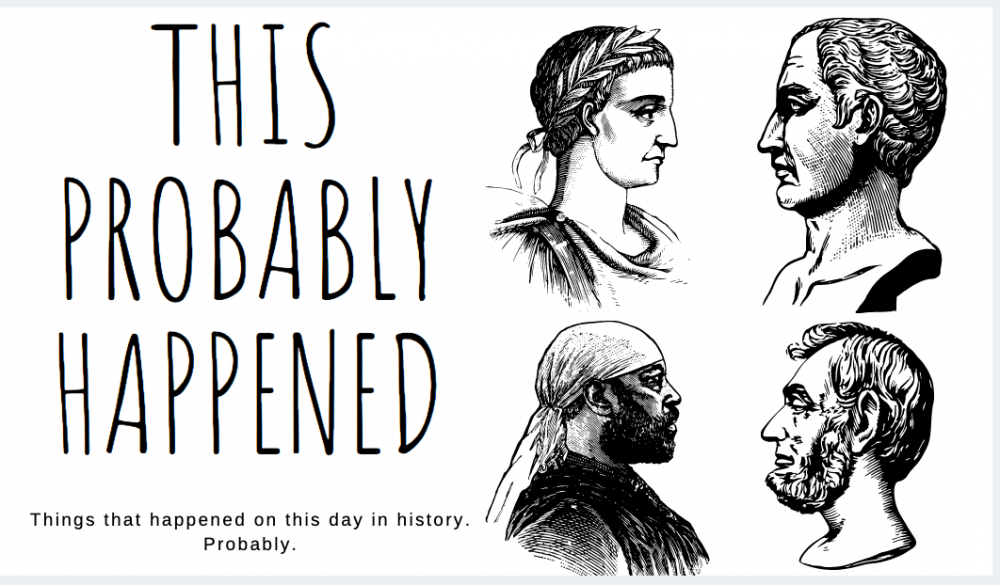
The Paris Review, February 24, 2016
One of the areas of history that I’ve always found fascinating is etymology – the study of where words come from and, sometimes more importantly, why they become part of our culture. There’s a reason, for example, why in addition to saying we have bad dreams, we also say we have nightmares: a “mare” in German folklore is an evil demon that sits on the chest of a sleeping person, choking out the good thoughts and leaving them with only bad things to dream about.
New words are born all of the time. Sometimes they’re invented to describe a new object that’s never had a title before. The internet. Ambivert. Tetraseasonal. Sometimes we add meaning to a word in a way it’s never been looked at before. In 2018, not only birds Tweet, and you should Google the name of that snack you’re texting to make sure you’re not being catfished by her selfie.
Once a word enters our lexicon, there’s no test to whether or not it’s “officially” part of our language. Language is dynamic; if we use it, it’s now part of the annals of our history. No committee sits around marking a list of vocab words with a big red REJECT stamp when they don’t seem like they’re worthy of a place in our etymological history, and on the inverse, there’s no single body that can make a word accepted. No, not even the folks over at Merriam-Webster.
The company traces its roots back to two of the earliest collectors of words – Noah Webster and the George and Charles Merriam Co., having merged when the latter bought the rights to Webster’s dictionary after his death in 1843. The company’s dictionaries are kind of the de facto record of English language usage. If you play me in Scrabble, and I can’t find your word in the old M-W, you’re not getting any points from me. The company employs lexicographers to find, cite, record, research, and ultimately decide to publish (or not) new words.
Still, they’re only human. Humans make mistakes. And today in 1939, someone noticed one of those mistakes. Dord.
Here’s what seems to have happened. Way back in 1931, one of those human lexicographers, Austin Patterson, submitted an abbreviation for the word density: “D or d.” Patterson specialized in scientific terms, specifically chemistry, and it wasn’t unusual for abbreviations to be included in the publication. Unfortunately for Patterson, his submission was misinterpreted as a word in and of itself. Dord was published in Webster’s Second New International three years later as an alternative word for density and went unnoticed for an additional five years.
Dord. Six Scrabble points. Zero etymological context. It was removed from the dictionary upon the next printing, and few were any the wiser. Still, it makes you wonder how many people, searching for a clever word to use for a school assignment or to use in conversation, referred to the quantity of mass per unit volume using this pseudo-word.
